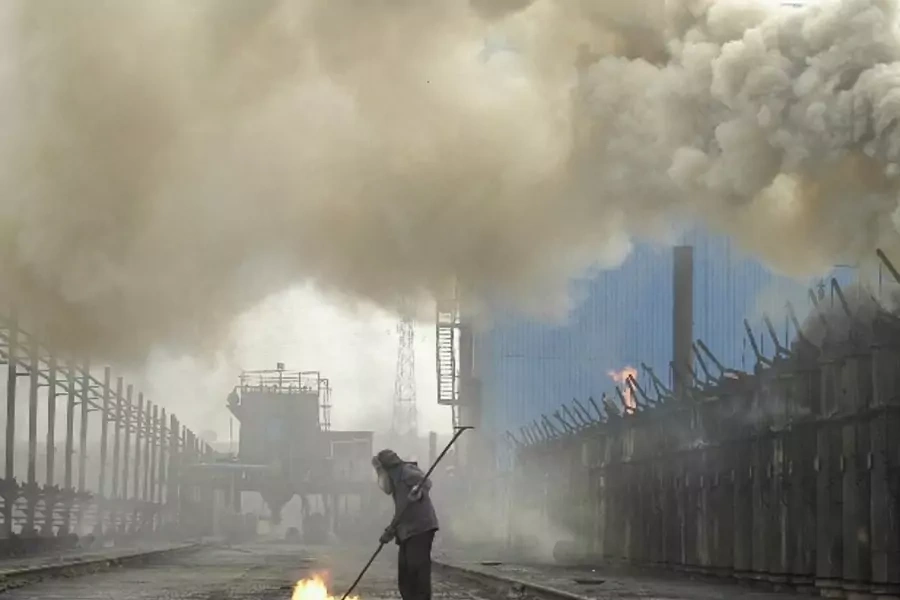China Recalculates its Coal Consumption: Why This Really Matters

More on:
This was originally posted by my colleague and co-author Elizabeth Economy on CFR’s Asia Unbound blog. Liz is the C.V. Starr senior fellow and director for Asia studies at CFR.
It seems like a distant memory now, but just one month ago, the international community was lauding China for stepping up its commitment to address climate change by pledging to initiate a cap-and-trade system for CO2 by 2017 and contributing $3.1 billion to a fund to help poor countries combat climate change. Now, however, the talk is all about the release of a new set of game-changing Chinese statistics on coal consumption. A New York Times headline blared: “China burns much more coal than reported, complicating climate talks.” And the Guardian reported: “China underreporting coal consumption by up to 17%, data suggests.”
What does all this mean? The short answer is nothing good. Here are just a few of the implications:
- Chinese statistics are as unreliable as ever. China analysts, myself included, often say, “We don’t necessarily trust the statistics, we just look at the trend line.” This coal consumption recalculation, however, means that even this somewhat weak effort at analytical credibility no longer holds. Seriously, how does one ignore six hundred million tons of coal consumed in just one year? There have been some terrific articles on the problems with Chinese statistics over the past month by Gwyn Guilford and Mark Magnier. And there was a great report by Bloomberg that laid bare the metrics that different economic analysts use to arrive at their calculations of Chinese gross domestic product (GDP), some of which use data such as rail traffic and electricity production. Unfortunately, China’s massive coal gap suggests that even these analyses are relying on questionable data.
- Assuming that Chinese industrial production and manufacturing statistics are accurate, the dramatic increase in coal consumption that is now reported suggests that the gains in Chinese energy efficiency, as well as the reductions in energy intensity (the amount of energy consumed per unit of GDP), that have been touted over the past decade are much less than assumed—or perhaps they are nonexistent.
- China’s pledge that its CO2 emissions will peak around 2030 is suddenly much less significant than it was one year ago—and even then many analysts argued that it wasn’t significant enough. After all, we are now dealing with a baseline of CO2 emissions that is substantially higher than we originally believed. The question now is whether China will adjust its commitment to meet its newly revealed contribution to the problem.
- It is now all the more important that whatever steps China commits to take to mitigate its contribution to climate change are in fact realized. Doubts already have been swirling around China’s promise to implement a cap-and-trade system and to ensure that 20 percent of all its energy derives from renewables by 2030. China needs to put these doubts to rest.
Once you head down the rabbit hole of what is fact in China and what is fiction, it is very difficult to crawl back out again. If one is looking for a light at the end of the tunnel, however, let me suggest two: first, the U.S. Energy Information Administration (EIA) had already released statistics on Chinese coal consumption in September that suggested that China had underreported its coal consumption by 14 percent during 2000-2013. It also, however, suggested that coal consumption was nearly flat in 2014. If the EIA is right on that score, then there may be some merit to all the reporting that China is turning the corner on its coal consumption, and the world could see a plateau in CO2 emissions (albeit at a much higher level) earlier than 2030. Second, the mere fact that the Chinese government actually reported the change in coal consumption is a positive. The timing of Beijing’s announcement, right before the Paris climate talks, may be unfortunate. However, greater transparency from a government that thrives on opacity is always welcome.
More on:
 Online Store
Online Store